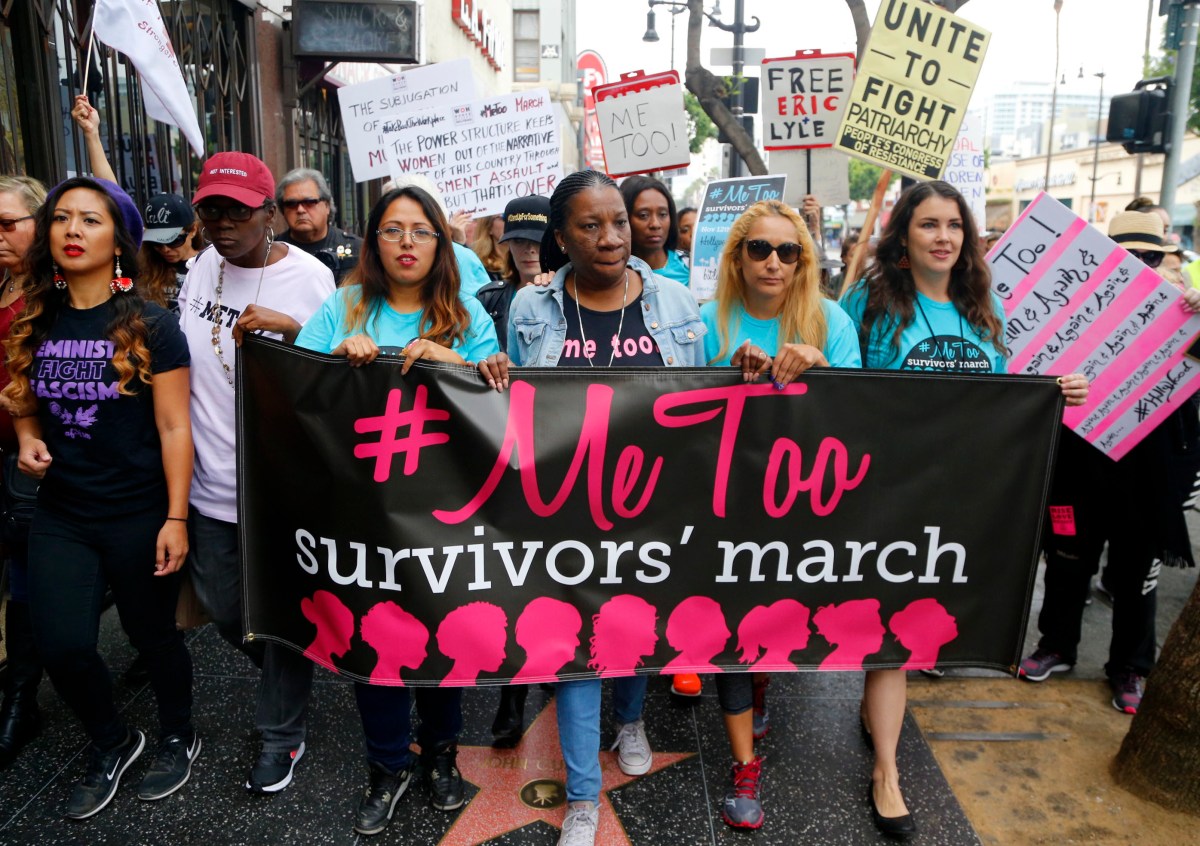 ‘Latin King’ gang member.
‘Latin King’ gang member.
Credit: Wiki Commons
Criminal gangs are increasingly reliant on the internet to coordinate assaults, robbery and recruitment, according to research from US criminologists. Interviews with several hundred gang members in five US cities found that almost half had committed online crimes in the past six months.
“Years ago a gang would drive through a rival neighborhood, spray graffiti and shout insults to start a fight,” Professor Scott H. Decker, lead researcher and Arizona State University criminologist, told Metro. “Today those taunts are more likely to happen online…where it be done a dozen times in the same period.”
Over 80% of surveyed members said they used YouTube, the most popular site for posting threats, many of which led to violence. Forums such as thehoodup.com provide real-time information on criminal and police activity.
The FBI recently announced concerns that more organized gangs such as the Bloods and Crips could move into white-collar cybercrime, although Decker is unconvinced. “Our suspicion is that if someone develops that expertise they are more likely to move away from gangs that draw too much attention.”
But the web has opened up new possibilities. “It’s another way to engage and people can never get away from the internet,” said University of Michigan Professor of Social Work Desmond Patton. “Individuals that live around gang activity can be drawn in.”
Law enforcement has benefitted from online gang activity, with almost 50 New York members arrested in 2012 after police infiltrated a Facebook group that detailed murders. “The police are always saying ‘don’t shut it down’ because it’s easy for them to track,” said George Knox, executive director of the US National Gang Crime Research Center, who is nonetheless campaigning for Internet Service Providers to censor gang content.
British youth group XLP use social media to connect with gang members. “We have a YouTube channel monitored by music professionals and kids like getting their stuff up,” said CEO Patrick Regan. “It’s been a great way to get a positive message across.”
















